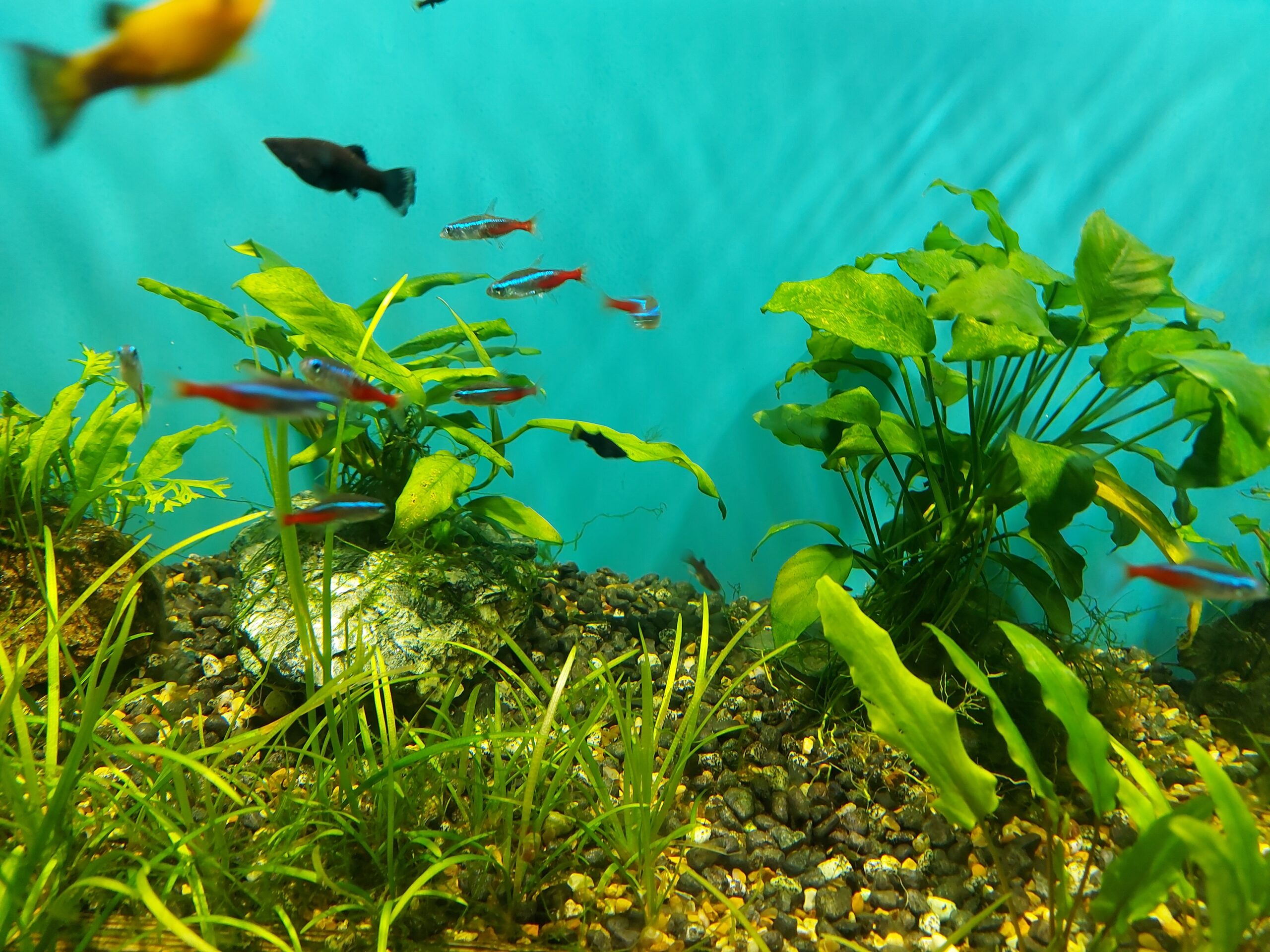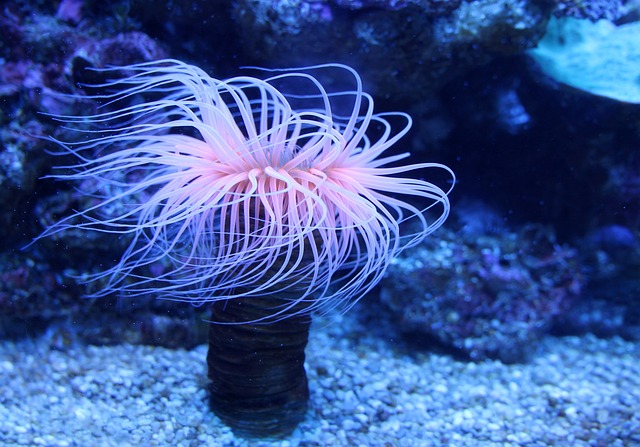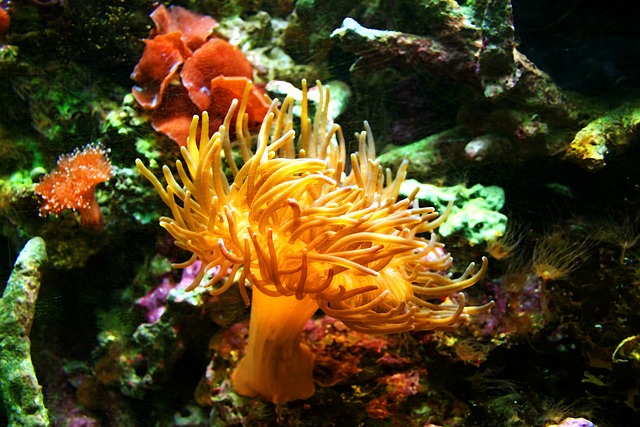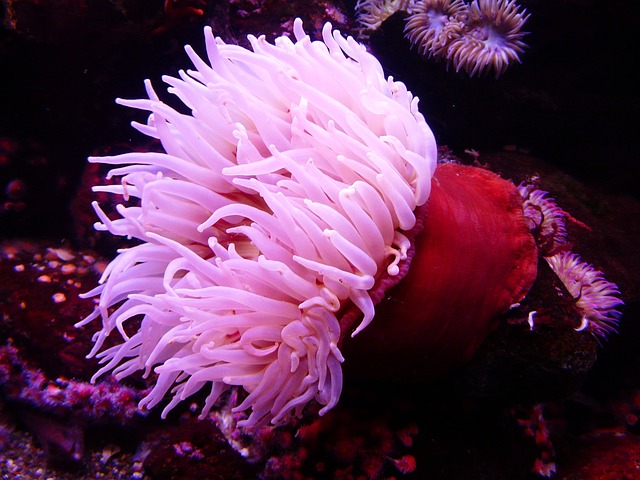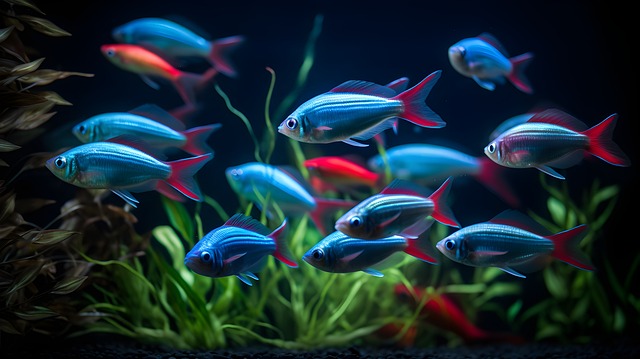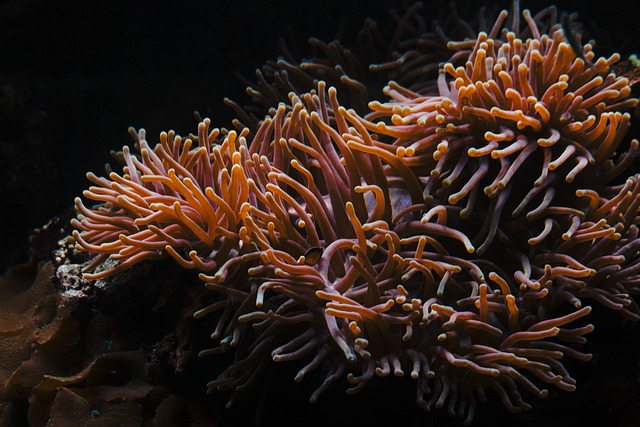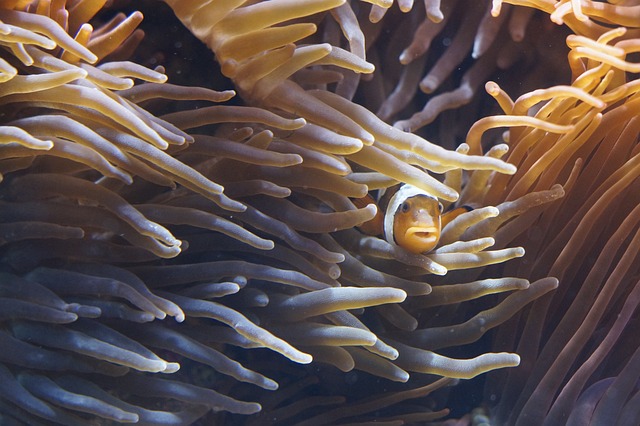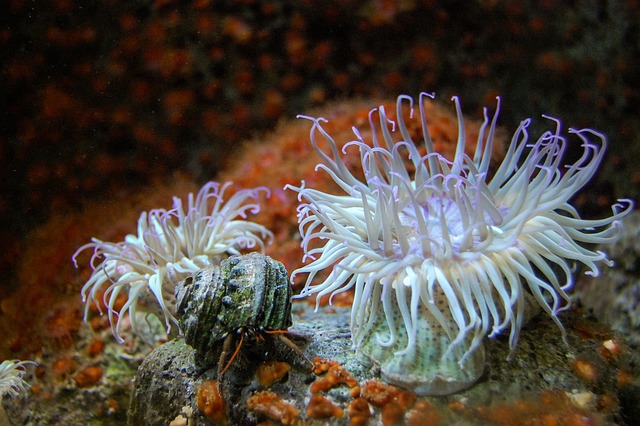Rosy barbs and guppies are two of the most popular freshwater fish species among hobbyists. They are both easy to care for, colorful, and relatively peaceful.
However, many wonder if these two species can live together in the same aquarium. The short answer is yes, but some significant considerations must be remembered.
Rosy barbs are known for their active and sometimes aggressive behavior, especially towards other fish with similar body shapes and bright colors.
Guppies, on the other hand, are small and peaceful fish that prefer to swim in schools.
Therefore, ensuring that the aquarium is large enough and has enough hiding places and plants to provide both species with their own space and territory is essential.
Additionally, water parameters such as temperature, pH, and hardness should be similar for both species to thrive.
Compatibility
When it comes to keeping fish in a community tank, compatibility is an essential factor to consider. Rosy barbs and guppies are two popular species among aquarium enthusiasts, and many people wonder if they can coexist peacefully in the same tank.
Here, we will discuss the compatibility of rosy barbs and guppies based on their behavior, water parameters, and tank size.
Behavior
Rosy barbs are known to be active and somewhat aggressive fish. They tend to nip at the fins of other fish, especially those with long and flowing fins, such as guppies.
Therefore, keeping them with fish of similar size and temperament is crucial. On the other hand, guppies are peaceful and non-aggressive fish that can get along with most other fish.
However, they may become targets of aggression from rosy barbs due to their flashy colors and long fins.
Water Parameters
Rosy barbs are freshwater fish that prefer a pH range of 6.0 to 8.0 and a temperature range of 72 to 82°F. Guppies, however, like a pH range of 7.0 to 8.2 and a temperature range of 72 to 82°F.
Both species can tolerate a wide range of water hardness levels, but keeping the water parameters stable and consistent is advisable to prevent stress and disease.
Tank Size
Rosy barbs and guppies require different tank sizes to thrive. Rosy barbs grow to 6 inches long and need a 30-gallon tank to swim comfortably. Guppies, on the other hand, are much
smaller and can thrive in a 10-gallon tank. Therefore, keeping rosy barbs and guppies in the same tank is not advisable unless it is large enough to accommodate both species.
In conclusion, rosy barbs and guppies can coexist in the same tank, but it requires careful consideration of their behavior, water parameters, and tank size.
Providing a suitable environment for both species to thrive and minimize stress and aggression is essential.
Feeding
Diet
When it comes to feeding Rosy Barbs and Guppies, they have different dietary needs. Rosy Barbs are omnivores, meaning they eat plant- and animal-based foods.
They require a protein-rich diet, which can be obtained from live or frozen foods such as brine shrimp, bloodworms, and daphnia. They also need plant-based foods like spirulina and algae wafers.
On the other hand, Guppies are primarily herbivores. Therefore, they require a diet rich in plant-based foods like algae, spirulina, and vegetables like zucchini and spinach.
They may also eat small amounts of protein-based foods like brine shrimp and bloodworms, but these should not be the main part of their diet.
Frequency
Feeding Rosy Barbs and Guppies frequently but in different amounts is essential. Rosy Barbs should be fed twice daily with protein- and plant-based foods.
Conversely, guppies should be fed three times a day, focusing on plant-based foods.
Overfeeding can lead to health problems for both species, so monitoring their feeding and adjusting accordingly is essential. Uneaten food should be removed from the tank to prevent it from decomposing and causing water quality issues.
Overall, while Rosy Barbs and Guppies can live together peacefully, it is essential to consider their dietary needs when feeding them. Providing a balanced diet and feeding them in appropriate amounts will help keep them healthy and happy.
Breeding
Reproduction
Rosy barbs are relatively easy to breed and are known to spawn in aquariums. Males are typically more brightly colored than females, and during breeding, the males will display their vibrant colors to attract the females.
The females will lay their eggs on plants or other surfaces in the aquarium, and the males will fertilize them. After breeding, the parents should be removed from the aquarium to prevent them from eating the eggs or fry.
Guppies, on the other hand, are livebearers and do not lay eggs. Instead, the females will give birth to live fry, fully formed, and can swim on their own shortly after birth.
Guppies are known to breed readily in aquariums, and a single female can produce many offspring.
Compatibility with Other Fish
Rosy barbs and guppies are generally compatible and can be kept together in the same aquarium. However, it is essential to note that rosy barbs can be aggressive towards other fish during breeding and may nip at the fins of guppies.
Therefore, keeping them in a larger aquarium with plenty of hiding places and plants is recommended to reduce aggression.
When breeding, providing the appropriate conditions for each species is essential. Rosy barbs prefer slightly alkaline water with a temperature range of 72-82°F, while guppies prefer slightly acidic water with a temperature range of 75-82°F.
Additionally, guppies prefer soft water, while rosy barbs can tolerate more challenging water.
With proper care and attention to their individual needs, rosy barbs and guppies can coexist and even breed in the same aquarium.
Conclusion
In conclusion, keeping rosy barbs and guppies together is possible, but several factors must be considered carefully. Both species have different requirements regarding water parameters, feeding habits, and behavior.
Rosy barbs are larger and more active than guppies and may outcompete guppies for food and space. Additionally, rosy barbs are known to nip at the fins of other fish, which can cause stress and injury to guppies. Therefore, providing ample hiding spots and swimming space for both species is essential.
Another important consideration is the water temperature. Rosy barbs prefer slightly cooler water temperatures than guppies, so it is crucial to maintain a suitable temperature for both species. Additionally, rosy barbs are more tolerant of a broader range of water parameters, while guppies are more sensitive to changes in water quality.
Overall, rosy barbs and guppies can coexist peacefully if the aquarium is large enough and the water parameters are carefully maintained. However, monitoring their behavior closely and providing adequate space and hiding spots to avoid conflicts is essential.

